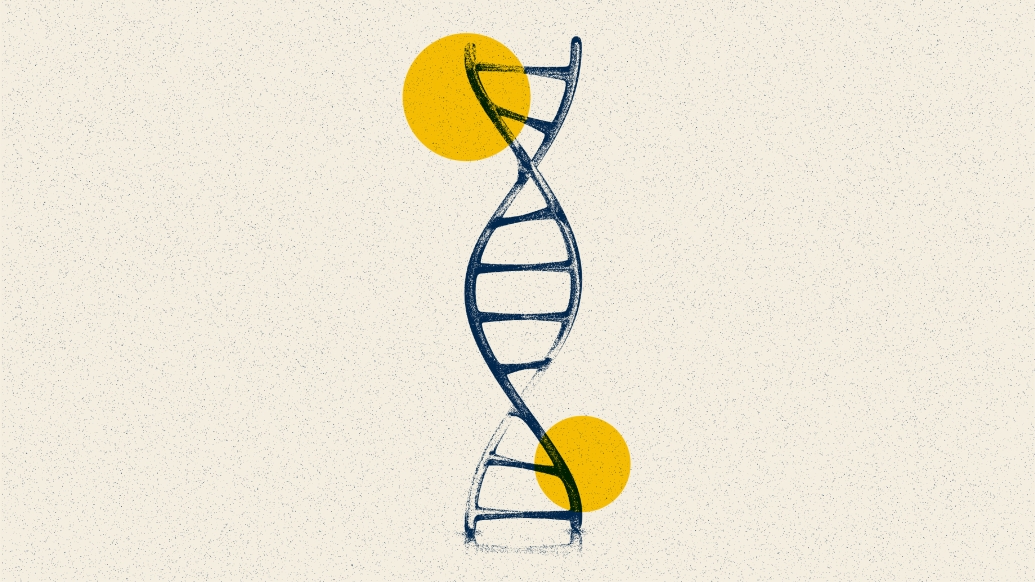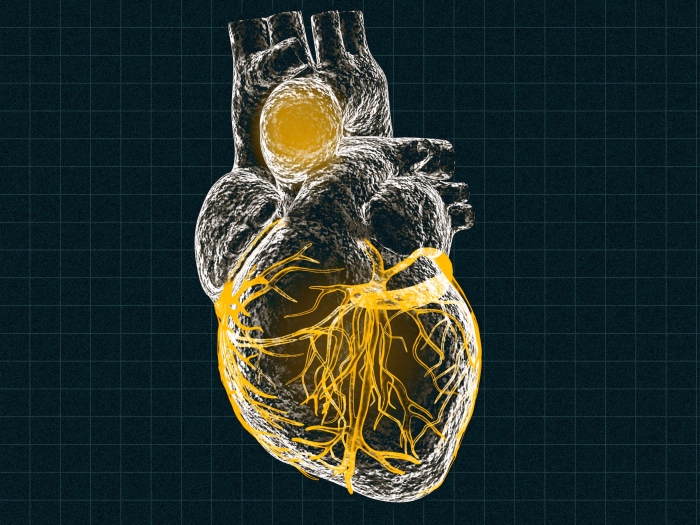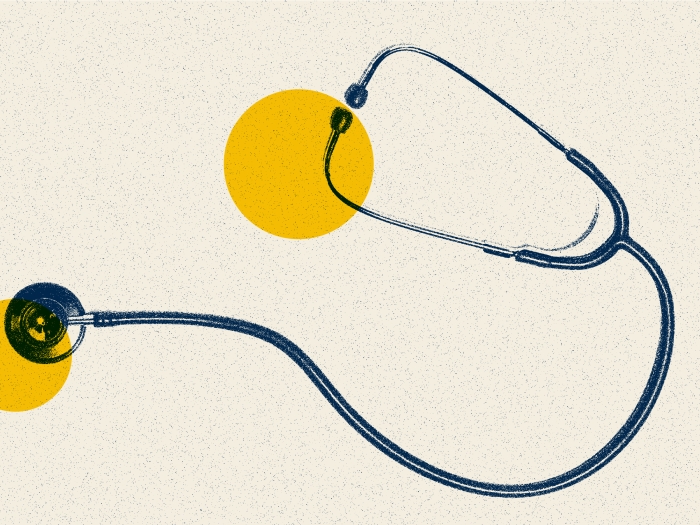Study findings are a step towards precision medicine strategies for diseases related to hypertension
12:00 PM
Author |

In the United States, around half of adults have high blood pressure, or hypertension, which is a major risk factor for cardiovascular disease. While there are known sex differences in prevalence of hypertension and how it manifests, the biologic basis is not well understood.
In a Michigan Medicine study, however, researchers found more pronounced, and, in some instances, unique, genetic drivers of blood pressure regulation in females – with implications for downstream risks for hypertension and cardiovascular diseases.
“These insights enhance our clinical and biologic understanding of sex based disparities in blood pressure and cardiovascular diseases and bring us closer to targeted therapeutic strategies for blood pressure related cardiovascular diseases with sex based manifestations,” said senior author Santhi K. Ganesh, M.D., the David J. Pinsky Endowed Professor of Cardiovascular Medicine at University of Michigan and associate chief of cardiovascular medicine at the U-M Health Frankel Cardiovascular Center.
Investigators conducted genome-wide association studies of blood pressure traits using the UK Biobank, identifying over 1,300 genetic markers. More than 400 were female specific and nearly 150 were male specific; there was a strong signal for hormonal regulation of genes, particularly, estrogen receptor 1.
The female specific genetic drivers of blood pressure were more strongly associated with hypertension and certain cardiovascular diseases, according to results published in Nature Medicine.
SEE ALSO: New genes identified fibromuscular dysplasia
Four genomic regions revealed female specific associations with diastolic blood pressure or pulse pressure, a marker of stiffness or scarring in the arteries. These were linked to fibromuscular dysplasia, an arterial disease that causes excessive scarring that disproportionately affects females.
“Our data address knowledge gaps in our biologic and genetic understanding of cardiovascular diseases that disproportionately burden female individuals, as well as more general sex based differences,” Ganesh said.
“Currently, treatment of hypertension to normalize blood pressure and cardiovascular disease risks does not routinely account for biologic sex. Future research in this area will need to account for these differences to find precision medicine solutions and improve outcomes for patients.”
This research was supported by Michigan Genomics Initiative – Advanced Genomics Core.
Additional authors: Include Min-Lee Yang, Chang Xu, Trisha Gupte, and Xiang Zhou, Ph.D., all of University of Michigan, Thomas J. Hoffmann, Ph.D., University of California at San Francisco, and Carlos Iribarren, M.D., Ph.D. of Kaiser Permanente Northern California.
Funding: This work was supported by the National Institutes of Health and the University of Michigan Health Frankel Cardiovascular Center M-BRISC program.
Citation: “Sex-specific genetic architecture of blood pressure and its potential implications for cardiovascular disease,” Nature Medicine. DOI: 10.1038/s41591-024-02858-2
Sign up for Health Lab newsletters today. Get medical tips from top experts and learn about new scientific discoveries every week by subscribing to Health Lab’s two newsletters, Health & Wellness and Research & Innovation.
Sign up for the Health Lab Podcast: Add us on Spotify, Apple Podcasts or wherever you get you listen to your favorite shows.

Explore a variety of healthcare news & stories by visiting the Health Lab home page for more articles.

Department of Communication at Michigan Medicine

Want top health & research news weekly? Sign up for Health Lab’s newsletters today!





